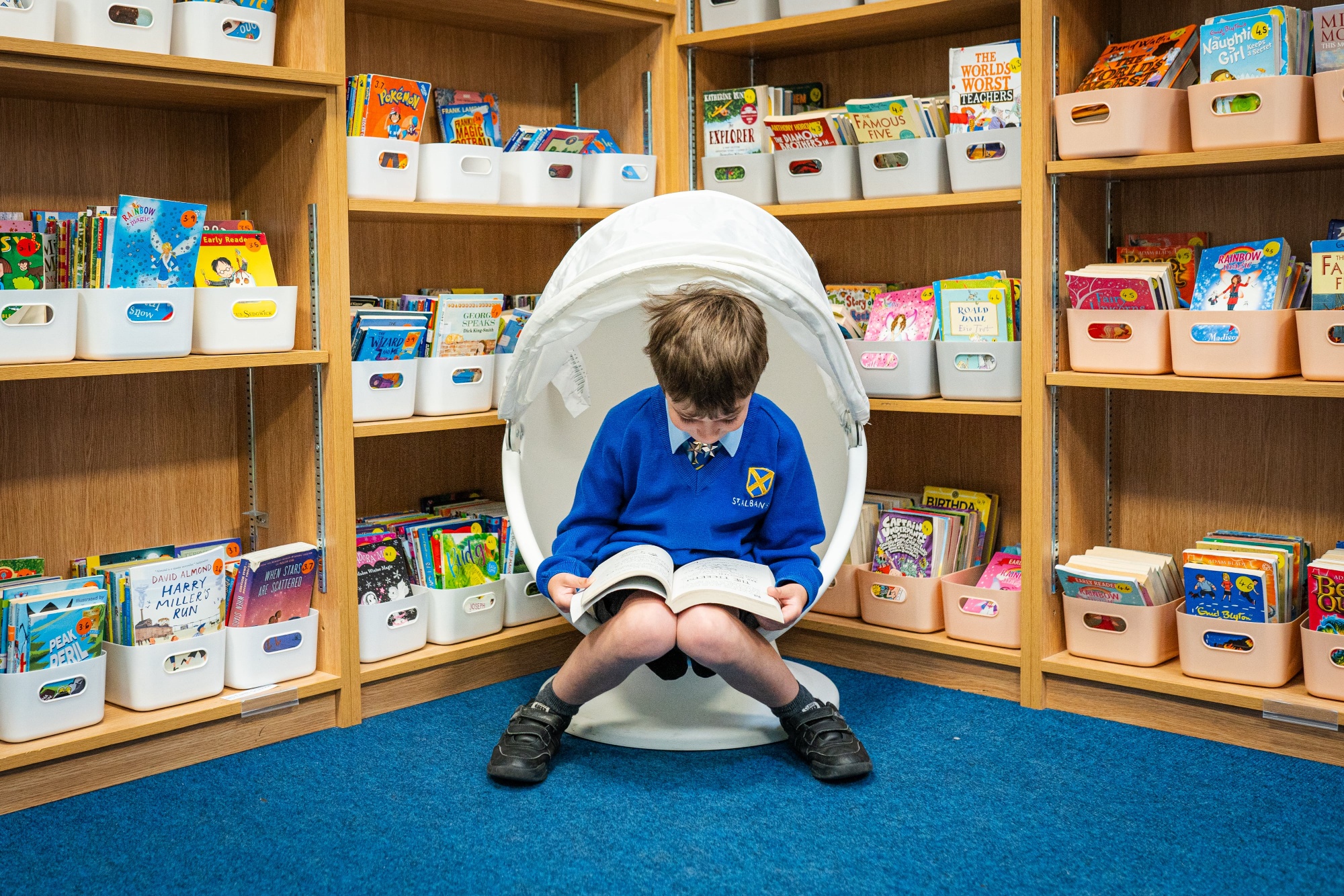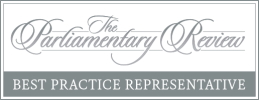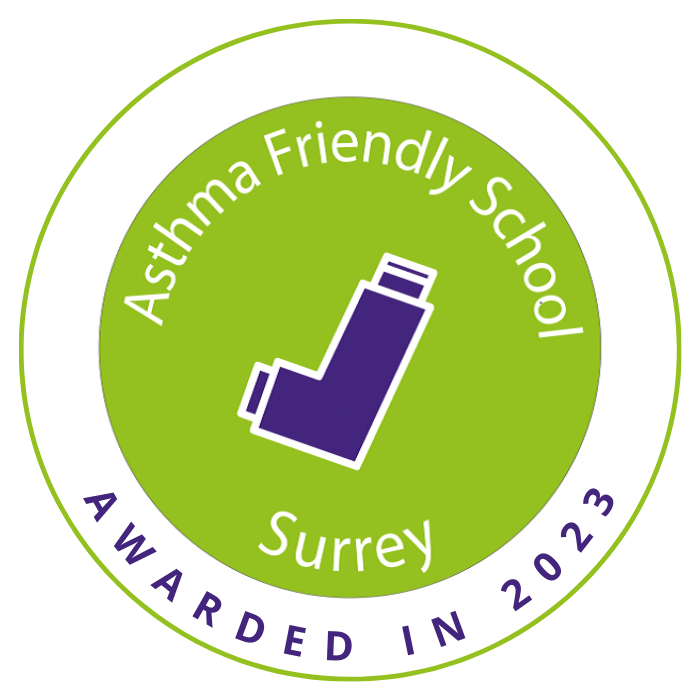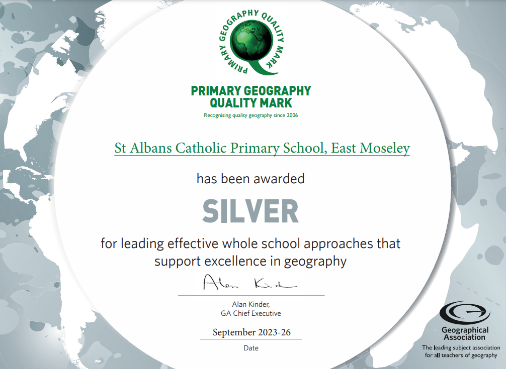Reading and Phonics

At St Alban’s we believe that helping children love reading and become confident, fluent readers is one of the most important life-skills for children to acquire, as well as being the foundation of future academic success across the curriculum. Becoming a confident reader is a complex process, with technical skills such as learning to decode growing fastest within the context of access to a rich range of reading materials via hearing stories read, sharing books together and time to discuss reactions to what has been read.
Reading develops children’s vocabulary across the curriculum and we spend considerable time exploring new words and their meanings. We want the children to have exposure to a range of high-quality texts that support developing them as a reader and their knowledge of the world.
The National Curriculum for English aims to ensure that, within reading, all pupils:
- read easily, fluently and with good understanding
- develop the habit of reading widely and often, for both pleasure and information
- acquire a wide vocabulary, an understanding of grammar and knowledge of linguistic conventions for reading, writing and spoken language
- appreciate our rich and varied literary heritage
- maintain positive attitudes to reading and understanding of what they read
- discuss and evaluate how authors use language, including figurative language, considering the impact on the reader
- distinguish between statements of fact and opinion
- retrieve, record and present information from non-fiction
- use discussion in order to learn
- speak audibly and fluently with an increasing command of Standard English
Phonics and early reading
Teaching staff are passionate about the teaching of phonics, which is taught every day in infant classes. We use one of the most long-established and comprehensive systematic synthetic phonics schemes, Read Write Inc. Through this, children are taught how to link the knowledge of sounds (phonemes) and the recognition of their corresponding symbols (graphemes), from Reception onwards.
Once children can confidently decode and blend enough sounds, they will start reading the Read Write Inc scheme reading books. These build incrementally, based on the sounds that they already know. The aim through using these is to enable children to practise the decoding skills that they are learning, and books sent home should be at a level where your child can read them independently.
Regular assessment means that children move through the scheme at their own speed: groups are taught across EY / KS1 enabling all children to access teaching and books that are at an appropriate level for them to make progress.
The Read Write Inc scheme embeds reading practice within the daily phonics session. Children learn to read aloud confidently through daily partner work, sharing the book of the day.
Alongside this focus on the technical skills of reading through phonics, we place great importance on shared story times within the class, where children acquire patterns of language and understanding of story conventions through listening to stories being read.
Whole class reading lessons
Once children have completed the Read Write Inc scheme of phonics, they will focus more on developing fluency and understanding when reading independently. Throughout the juniors, all children who have completed phonics receive a daily reading lesson, which is focused on the class reading book for the half-term. These lessons involve teacher modelling of fluent reading, time to practice reading aloud with a partner, a “book club” approach to discussing themes in a book, and scaffolded work on how to effectively answer comprehension questions. This enables children to acquire key comprehension skills such as inference, retrieval, prediction and questioning, while being immersed in a quality text which is also used as the basis for writing lessons.
Accelerated Reader
Once children are reading independently, their progress is tracked by a mixture of teacher observation, and regular assessments using the Star Reading tests within the Accelerated Reader program. These give detailed termly feedback about strengths and areas for development, enabling teachers to target barriers to fluent reading. The system also enables children to choose from a range of quality texts that will be beneficial to advancing their reading skills, whilst still reading “real” books of their own choice, rather than reading scheme texts.
World Book Day and author visits
World Book Day enables children and staff alike to celebrate their love of reading, and to participate in a range of special, book themed events including shared reading across year groups. We try to ensure the focus is on books, rather than costumes, with a “relaxed” dress code for the day. A highlight is the annual pop-up book shop within the school, where all children can browse the selection of World Book Day books and choose one to take home for free.
We love any opportunity for the children to interact with authors, as this gives real insight into the creative process of writing fiction. For several years our year 5 classes have been lucky enough get the chance of working closely with best-selling children’s author Cath Howe, who also runs poetry workshops with them.
Helpful information
Phonics:
www.ruthmiskin.com/parentsandcarers
(detailed information for parents about the Read Write Inc scheme, including 17 videos showcasing different aspects of the RWI approach), parent FAQs etc.
Reading for Pleasure:
/www.booksfortopics.com/reading-for-pleasure
A wealth of information about great reading books, including booklist suggestions for each year group and updates on new books.
These texts may change over time. The aim is for every year group to have at least one classic text, to make meaningful links to other areas of the curriculum when appropriate, and to include texts that build values such as compassion and understanding, as well as an appreciation of the wider world.





